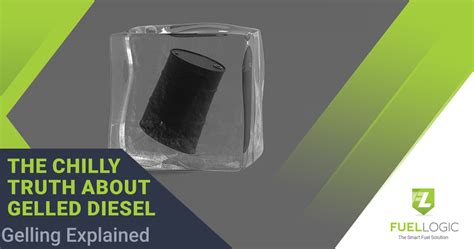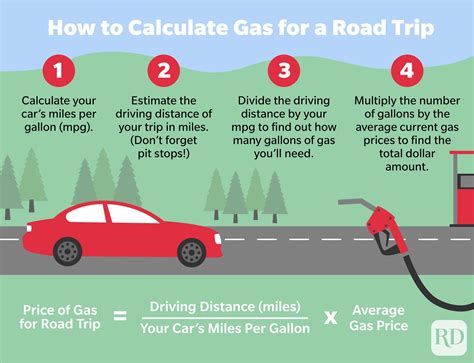As temperatures plummet during winter months, diesel engine owners often face a notorious challenge: fuel gelling. This phenomenon, where paraffin waxes in diesel fuel solidify and crystallize, can clog fuel filters, lines, and ultimately prevent the engine from starting or running efficiently. Understanding how to combat this issue is crucial for reliable vehicle operation in cold climates.
Understanding Diesel Gelling
Diesel fuel contains paraffin wax, which is a natural component. In warmer temperatures, this wax remains in liquid form. However, when the temperature drops below a certain point – known as the cloud point – these waxes begin to crystallize, making the fuel appear cloudy. If the temperature continues to fall, these crystals agglomerate, eventually forming a gel-like substance that can completely block fuel flow. This “gel point” or “pour point” is the critical threshold.

Key Strategies for Prevention
Preventing fuel gelling requires a proactive approach, combining several proven methods.
1. Utilize Winter-Grade Diesel Fuel
The most fundamental step is to use fuel specifically formulated for cold weather. Diesel fuel producers offer different grades, with #1 diesel (kerosene) having a much lower pour point than standard #2 diesel. In many regions, fuel stations automatically switch to a blended #2 diesel with additives or a higher percentage of #1 diesel during winter to achieve a lower cloud and pour point. Always ensure you are filling up with winter-grade fuel when temperatures are expected to drop.
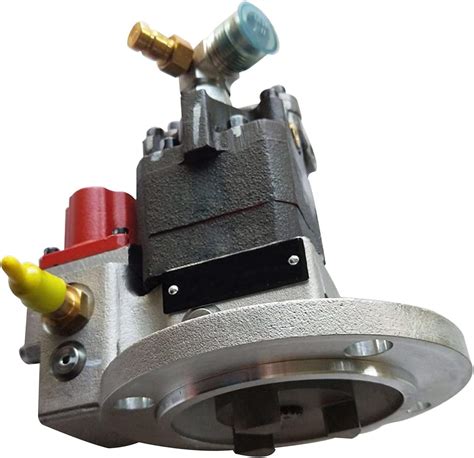
2. Employ Anti-Gel Fuel Additives
Fuel additives are a highly effective way to further enhance the cold-weather performance of your diesel fuel. Anti-gel additives work by modifying the paraffin wax crystals, preventing them from growing large enough to clog filters. They depress the pour point, allowing the fuel to remain liquid at lower temperatures. It’s crucial to add these additives *before* the fuel gets cold, ideally when refueling, to ensure they mix thoroughly and are effective.
Follow the manufacturer’s instructions carefully for dosage, as too little may be ineffective, and too much is usually unnecessary and wasteful.
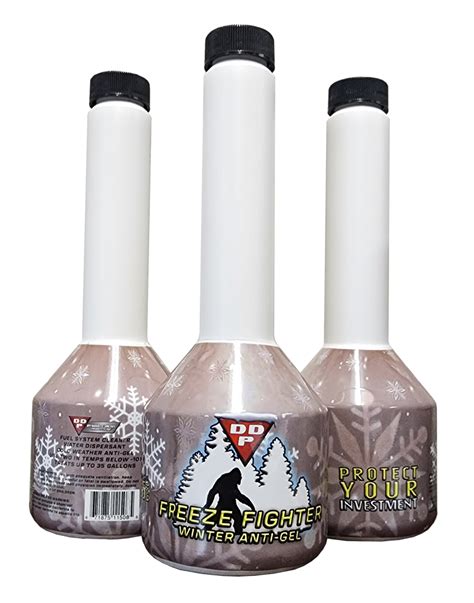
3. Install or Utilize Fuel Heaters and Engine Block Heaters
For extreme cold or for vehicles that will be parked for extended periods, supplementary heating solutions are invaluable. Fuel heaters, installed in the fuel line or tank, warm the fuel before it reaches the engine, preventing gelling. Engine block heaters warm the engine block itself, which in turn helps keep fuel lines and filters warmer, making starting easier and reducing the likelihood of immediate gelling upon startup.
Many modern diesel vehicles come equipped with factory-installed fuel heaters, but aftermarket options are available for older models.
4. Maintain a Full Fuel Tank
Keeping your fuel tank as full as possible during winter months serves a dual purpose. Firstly, a full tank leaves less room for condensation to form. Water in the fuel system can freeze and cause its own set of problems, or exacerbate gelling by providing nucleation sites for wax crystals. Secondly, a larger volume of fuel retains heat better and takes longer to cool down to gelling temperatures, especially if the vehicle was recently run.
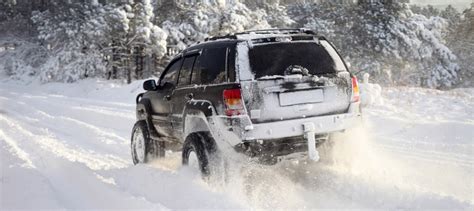
5. Regular Fuel Filter Maintenance
Even with the best preventative measures, some wax crystallization might occur. A clean fuel filter is your last line of defense. Clogged fuel filters are often the first symptom of gelling, as they become blocked by the wax crystals. Regularly replacing your fuel filter, especially before winter sets in, ensures maximum filtration efficiency and reduces the chances of a complete blockage.
Consider carrying a spare fuel filter during winter travel, along with the tools needed for replacement.
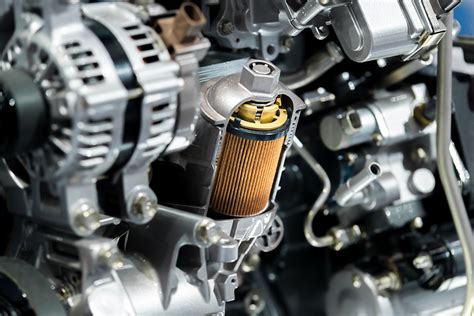
Conclusion
Fuel gelling is a common and frustrating issue for diesel engine owners in winter. However, by implementing a combination of strategies – using winter-grade fuel, employing quality anti-gel additives, utilizing heating elements, maintaining a full fuel tank, and ensuring regular filter maintenance – you can significantly reduce the risk and ensure your diesel engine performs reliably even in the harshest cold conditions. Proactive preparation is key to a trouble-free winter driving experience.
